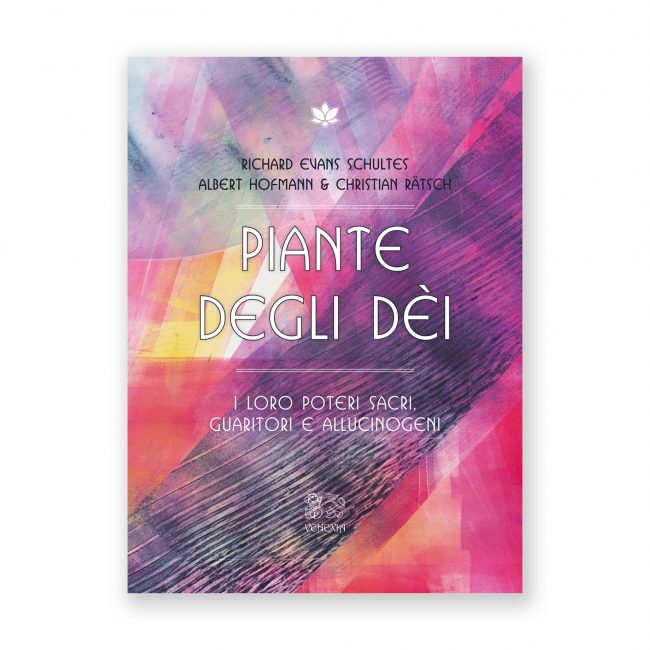SEE YOU ON THE OTHER SIDE
Description
2501 – See you on the other side
Ink and gold leaf on canvas
70×100 cm, 2014
Artwork presented at the Abstractism group show curated by Altrove.
Not Available
Artist info
2501
Milan-born artist 2501 works in a wide variety of mediums, including painting, installation, sculpture, photography, and film.
Embarked in a quest for blank spaces, 2501 experiments with lines, shapes, and motion in free compositions that show strictness all the while breaking art codes.
At the age of 20, he settled in Sao Paulo to teach painting to shantytown children, after studying Cinema and video editing in Milan and Visual Communication at the New Bahaus University of Weimar, Germany.
His multidisciplinary approach led him to take on a documentary approach which evolved toward the Nomadic Experiment project, a series of international exhibitions, and a decennial digital archive focused around countercultures, communities, points of view, and experiments all over the world.
2501’s site-specific and socially committed work in constant dialogue with urban topography, mainly takes the form of murals, among which specific mural projects carried on in Los Angeles, Miami, Sao Paulo, Milan, Roma, Detroit, Chicago, Ulan Bator, New York, Atlanta, Kyiv.
Always on the move due to a career that leads him to answer the calls of various art institutions and fairs around the world, he took part in numerous public art festivals like O.BRA, Living Walls, ALTrove, Art United Us, Artmossphere Biennale, Walk&Talk, Wabash Arts Corridor, Outdoor, Mural, Traffic Design, Painted the Desert Project.
His art and process serve as an investigative conduit between an individual who has absorbed a number of principles from classical art and the application of them in a contemporary environment.
He enjoyed many solo shows, among which La Macchina, at the Museum of Contemporary Art of Lissone, On the Brink of Disaster at Wunderkammern Gallery of Rome, See You On The Other Side and Anatomy of Restlessness at Soze Gallery in Los Angeles, Freedom of Choice at Celaya Brothers Gallery in Mexico City.
Utilizing an approach that can be both primitive and sophisticated, the repetition of exploratory and evaluative line work is highlighted by 2501’s sensitivity to the relationship of the exacting details of surface and applicant. Equally important are the dynamics of open-air, empty spaces, and established structures or derelict buildings. The symbiotic relationship between positive and negative space is always at play, as each element swaps real estate back and forth.
Secure payments
Pay in monthly installments
We ship all over the world
SUPPORT ON PURCHASES
MORE 2501
Go to artist page-

-

600,00€
Buy now -

500,00€
Buy now -

39,00€
Add to cart -

150,00€
Add to cart -






